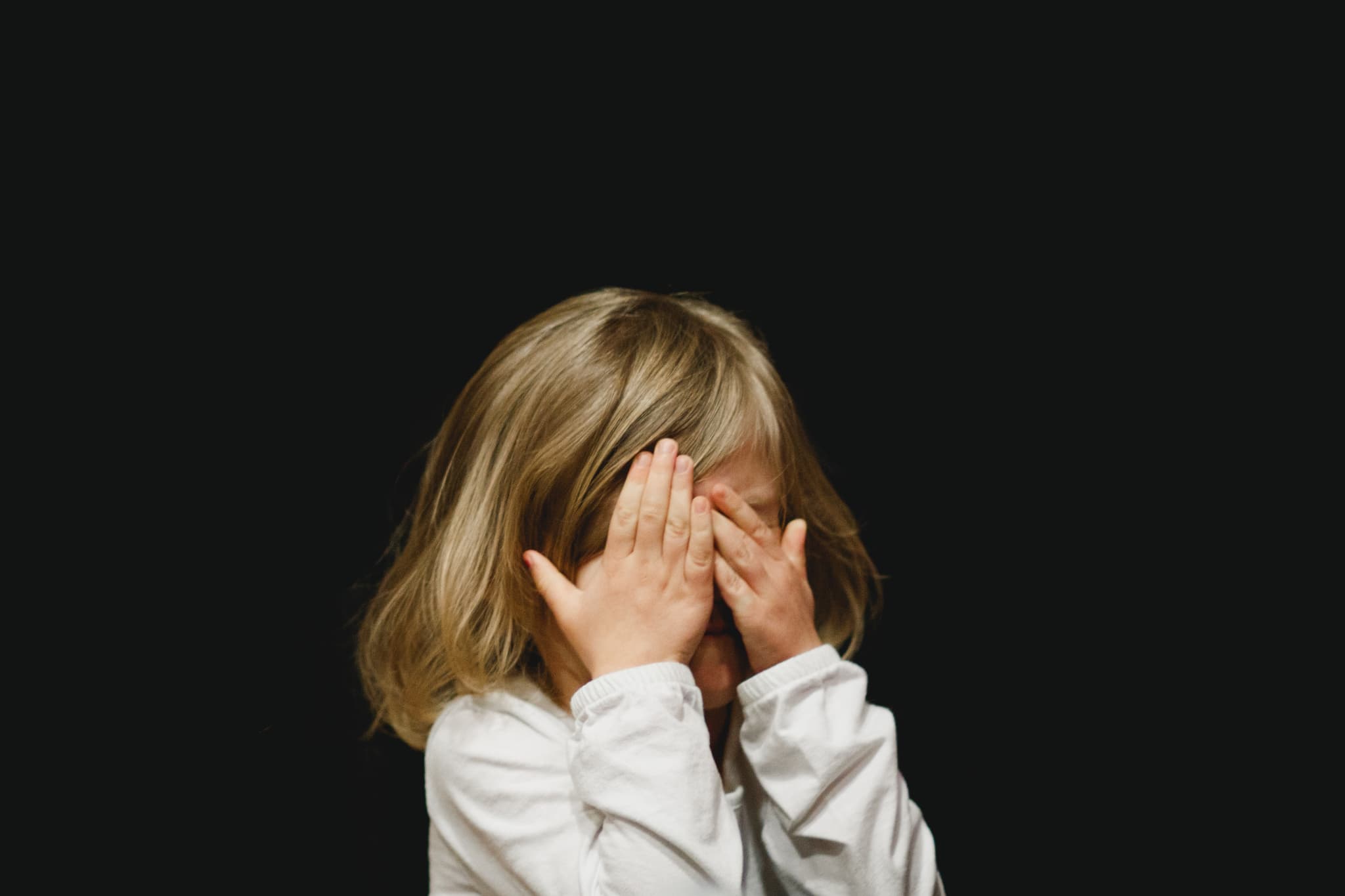New childhood anxiety treatment focuses on the parents

According to the National Institute of Mental Health, nearly one in three American children will experience at least some kind of anxiety disorder before reaching adulthood — a number that continues to rise despite years of innovations in drugs and therapy techniques.
But in a recent study, a new technique developed by the Yale Child Study Center shows promising results for curing childhood anxiety disorders. The winning method? Ditch individual treatment for the child and focus on another source of support — the parents.
A team of Yale researchers randomly assigned 124 children with anxiety into a conventional, therapy-based group or a parent-only group. Those in the therapy group attended 12 weekly meetings to learn how to control their symptoms and to confront their fears through exposure therapy. But for the second group, none of the children spoke to a therapist about their anxiety at any point during the trial. Rather, their parents were encouraged to stop accommodating the child’s behavior and to be supportive of the child’s ability to cope with anxiety themselves, in a treatment called SPACE.
What they found was surprising: Not only did SPACE reduce anxiety symptoms just as well as the conventional therapy did, but parents in the SPACE therapy also reported a much better relationship with their children than those of children in the therapy-based group. The study was published in the Journal of the American Academy of Child & Adolescent Psychiatry on March 7.
According to first author and Associate Director of the Anxiety and Mood Disorders Program Eli Lebowitz, SPACE — which stands for Supportive Parenting for Anxious Childhood Emotions — is an alternative to the cognitive-behavioral therapy normally used to treat childhood anxiety.
“The results of the study were really quite remarkable,” he said.“Regardless of what measure we used to look at the outcomes, children whose parents received SPACE were as improved and as likely to be cured from their anxiety problem as children who had 12 sessions of some of the best CBT therapy available. And that is truly a remarkable outcome.”
It is natural for parents to seek to accommodate their children, Lebowitz said. For example, if a child gets anxious when there are guests in the house, parents may stop inviting people over. However, according to the study, children can grow accustomed to these accommodations over time, which can lead to greater difficulty with anxiety later in life. For the SPACE group, researchers worked with parents to replace accommodation with words of support and with expressions of confidence in their children’s abilities to deal with anxiety on their own.
In the first study written about SPACE — a 2013 explanatory study authored by Lebowitz — parents were encouraged to follow a script of supportive and reassuring phrases when they attempt to reduce accommodations for their child with anxiety.
“We understand it makes you feel really anxious or afraid,” the script said. “We want you to know that this is perfectly natural and everyone feels afraid some of the time. But we also want you to know that it is our job as your parents to help you get better at things that are hard for you, and we have decided to do exactly that. We are going to be working on this for a while and we know it will probably take time, but we love you too much not to help you when you need help.”
Lebowitz said this study was the first to test SPACE’s effectiveness as a standalone technique. The researchers’ success with SPACE will provide a new alternative for children with anxiety who may not respond well to traditional therapy or who refuse to participate.
However, Lebowitz said more research is still needed to figure out how the brain’s psychological pathways are altered in children whose parents participated in SPACE. Given the program’s success, co-author Yaara Shimshoni is currently adapting SPACE to work with children with Avoidant Restrictive Food Intake Disorder, whose picky eating habits have interfered with their wellbeing.
“The focus of the treatment that we developed based on the SPACE program is on identifying and reducing these accommodations in a supportive and loving way,” she said.
The Yale Child Study Center was founded in 1911. This article was published originally by Yale Daily News and has been reprinted here with author permission.
To see the original article, click here.

















